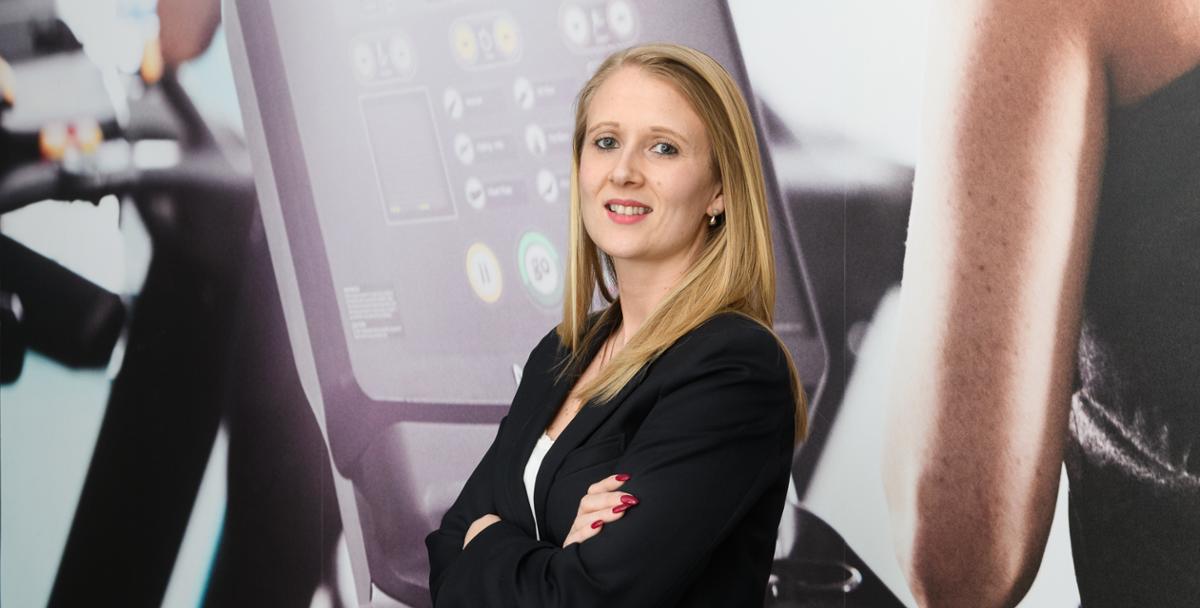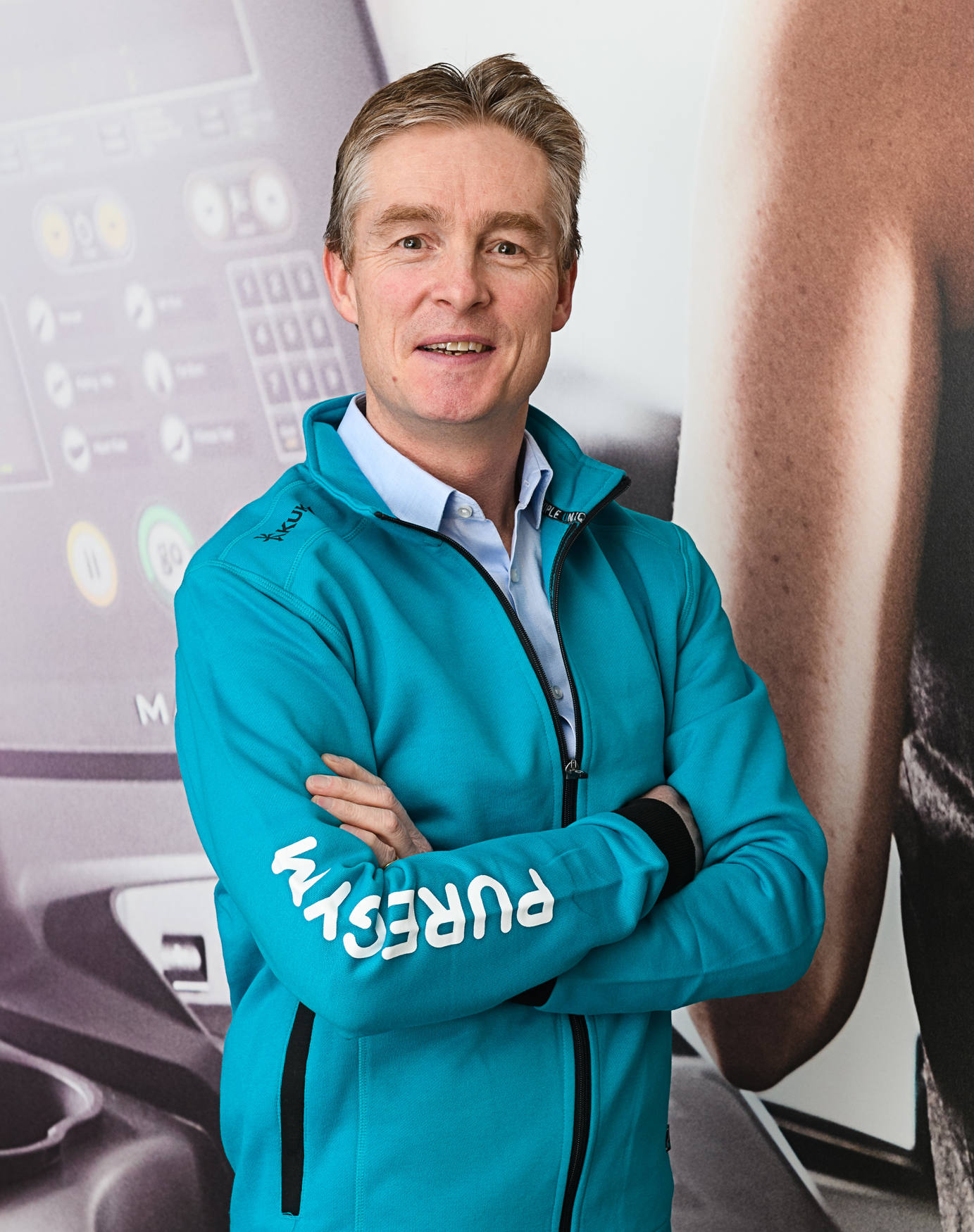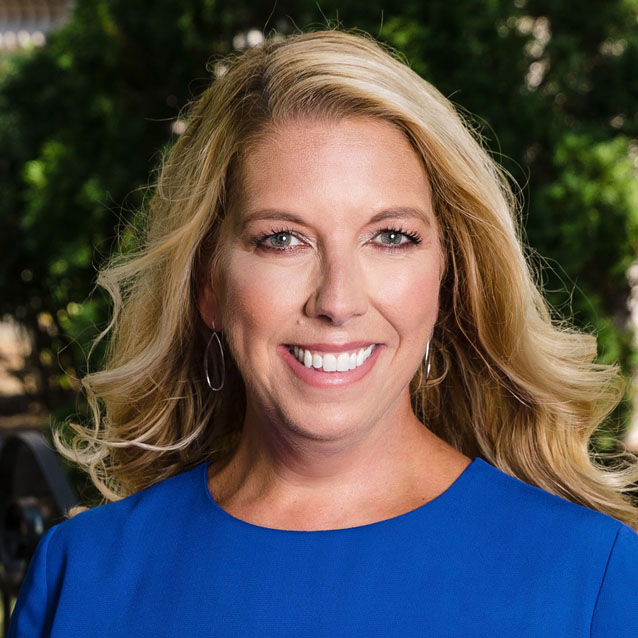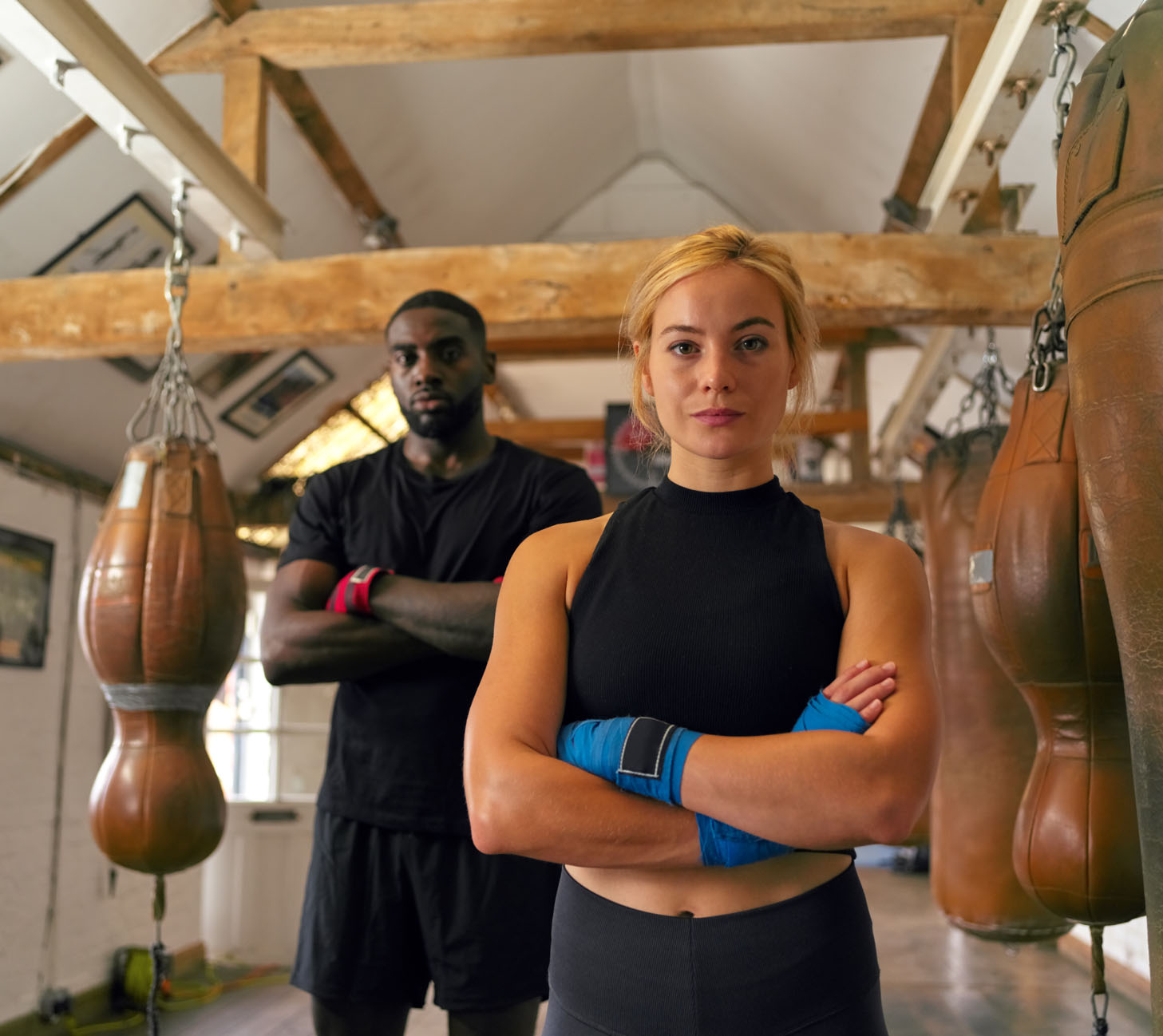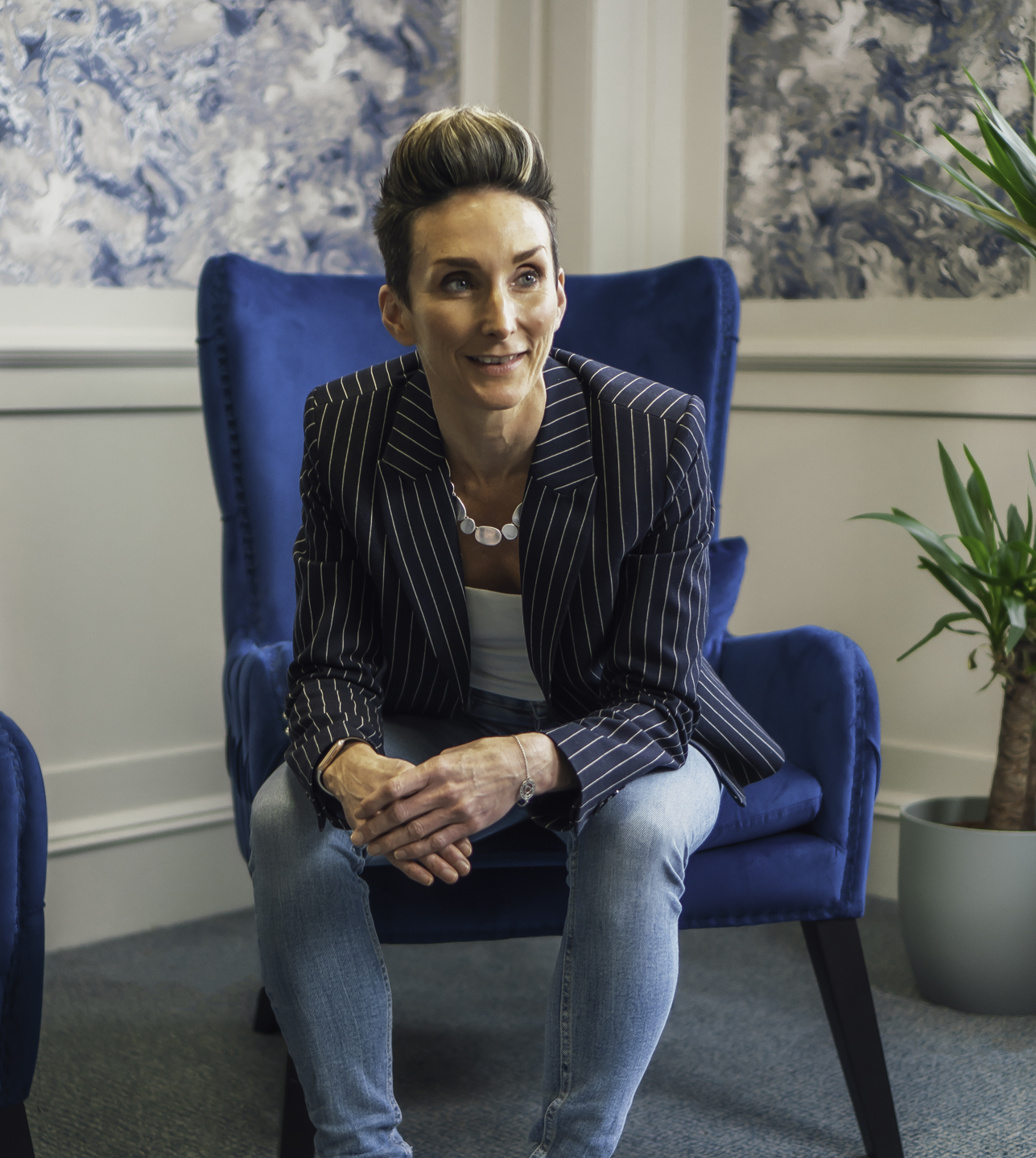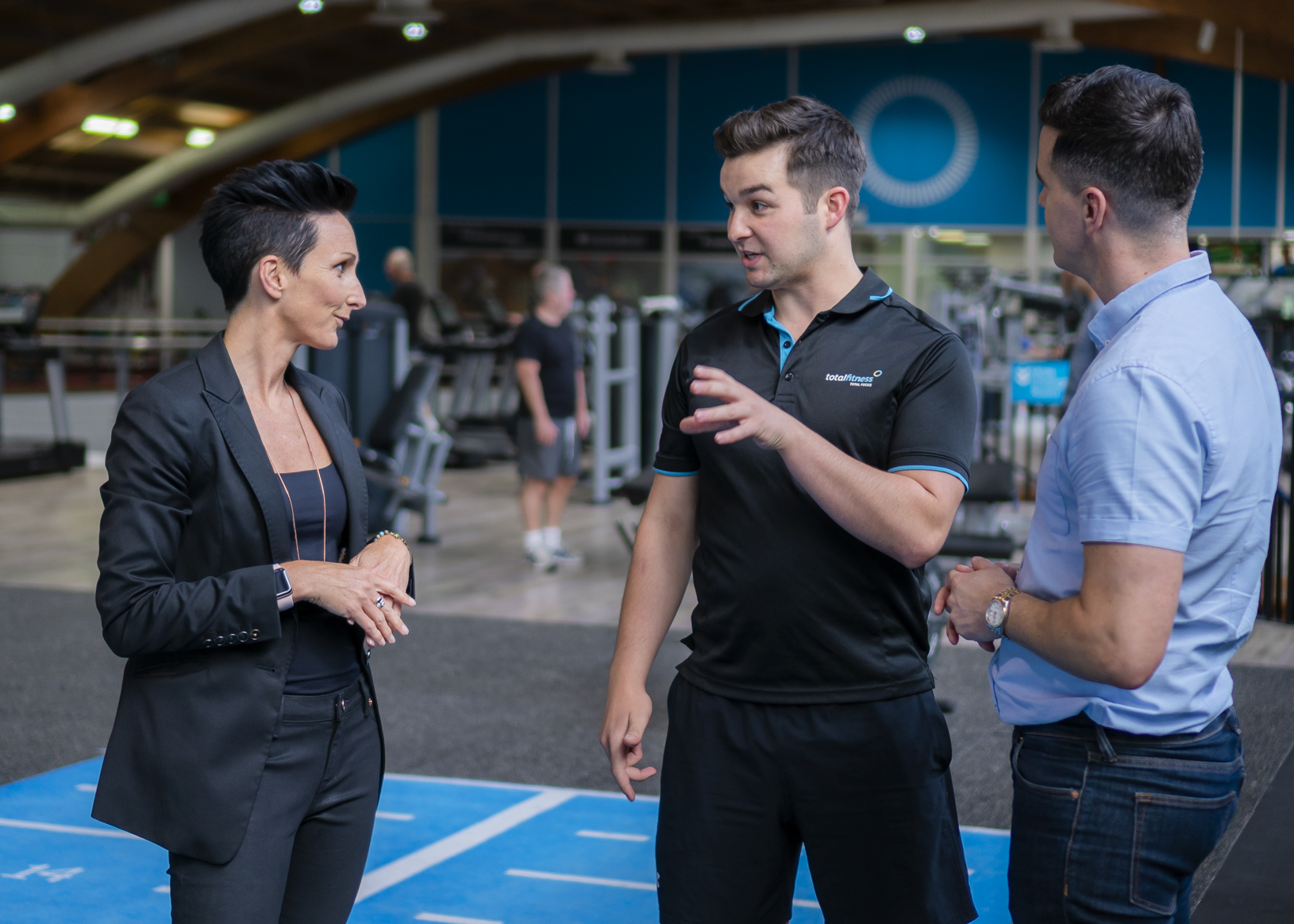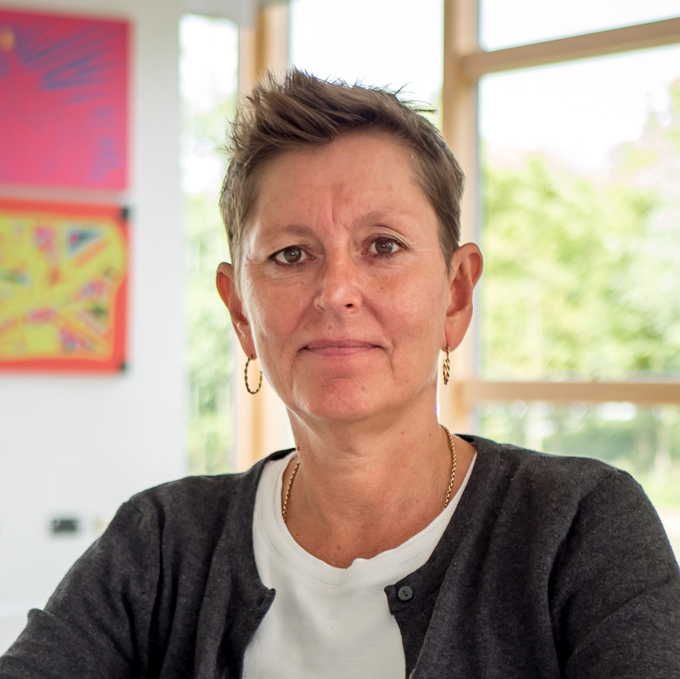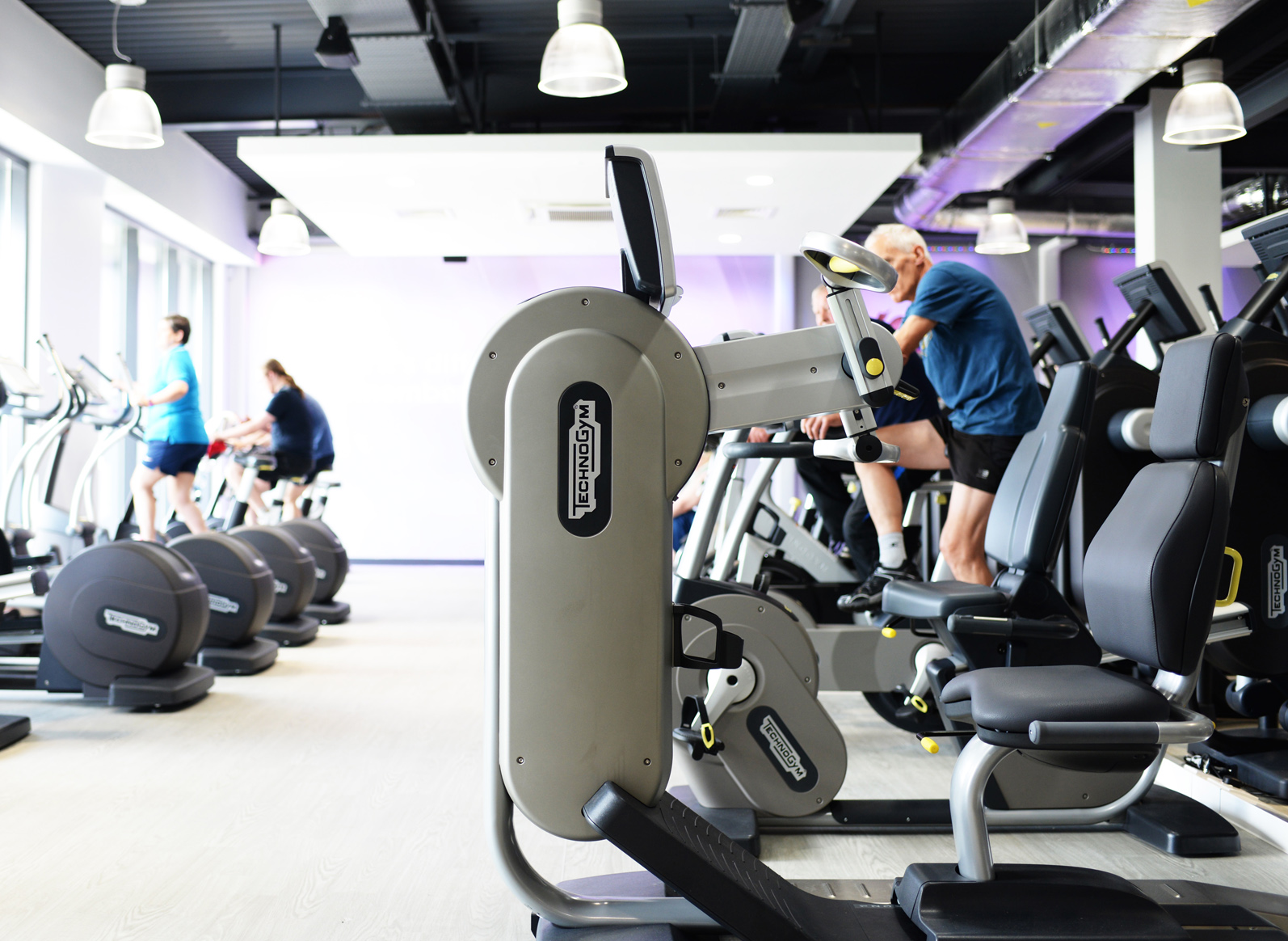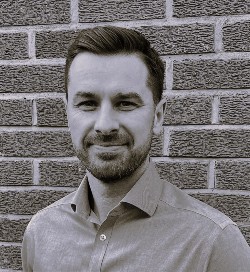There’s been a dearth of women at a number of industry events this year and this isn’t an anomaly, research backs it up. According to the Gender Equality in the Fitness Industry 2022 report, produced by the Women in Fitness Association, being a boss is still too much a male domain in this industry.
The report found men hold more leadership roles in the fitness industry than women; there are fewer career opportunities for females; men are less concerned about gender bias and the importance of equality than women and few companies are doing anything to address gender discrimination.
According to the report, 47 per cent of men have a leadership or senior role when working for a company, compared with 36 per cent of women. Furthermore, self-employed men are more likely to be club owners – 70 per cent – whereas self-employed women tend to be trainers, with only 29 per cent owning a business.
It’s time for change and as WIFA’s Jennifer Halsall says, the benefits of creating gender equity are both social and economic: “We know if women participated equally to men in the economy, it would increase the global GDP by US$28tr by 2025,” she explains.
McKinsey research shows the most diverse companies are more likely to outperform their less diverse peers when it comes to profitability. A 2019 analysis showed that companies in the top quartile for gender diversity on executive teams were 25 per cent more likely to have above-average profitability than companies in the bottom quartile.
Those companies yet to embrace diversity are already shown to be lagging.
The WIFA/Sport Alliance report identified an old boy’s club or ‘lad culture’ mentality exists in some parts of the industry – not a great advert as our sector vies with other industries to recruit the brightest talent. Patriarchal structures – often as negative for young men as they are for women – need breaking down. Over to the experts...








